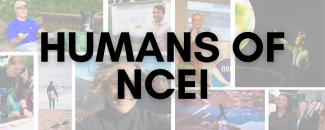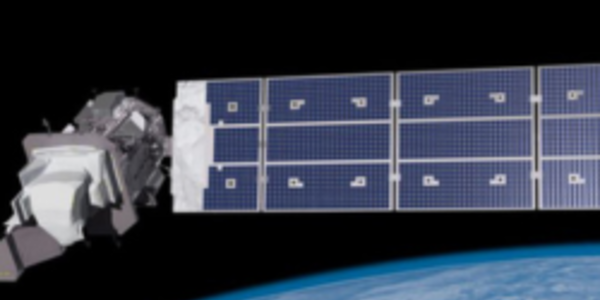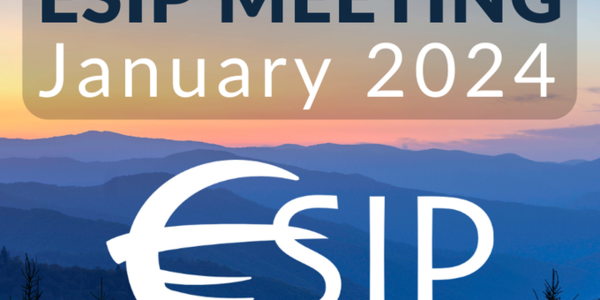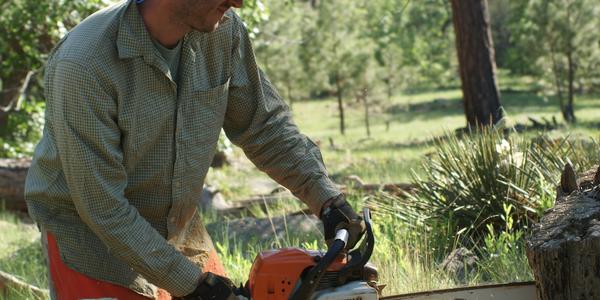
Here at NCEI, we aren’t just data—we are people. In our Humans of NCEI series, meet the awesome minds that manage one of the largest archives of atmospheric, coastal, geophysical, and oceanic research in the world. Get to know Richard Saltus, a Research Scientist studying geomagnetism at the Cooperative Institute for Research in Environmental Sciences (CIRES).
What is your job title?
Cooperative Institute for Research in Environmental Sciences (CIRES) Senior Research Scientist.
What is your specific area of expertise?
Geomagnetism.
What was your first job? How did it prepare you for your current position?
My first real job was as a software engineer for a Silicon Valley start-up in a garage in Menlo Park - too bad it wasn't at Hewlett Packard in a nearby garage. The programming experience led to a job at the U.S. Geological Survey (USGS) as a junior geophysicist and field assistant. Working there with geophysicists and geologists put me on the path to a career in geophysics.
How did you end up at NCEI?
One of my USGS projects involved cooperative work with NCEI supporting the Law of the Sea project of the U.S. State Department. That project brought me to Boulder, CO one or two days per week. In 2016, I grabbed the opportunity to retire from USGS and accept a position at CIRES so that I could come to the NCEI office every day!
What does a usual workday look like for you?
A typical day is half meetings (mix of virtual and in-person) and half project work (data analysis, writing, etc.). I am lucky to work with two fantastic project teams in addition to a number of outside collaborators. Work can be both challenging and stimulating – learning cool stuff every day and trying to solve interesting puzzles and problems.
What question are you asked most often when someone finds out what you do? How do you respond?
Our group studies Earth's magnetic field - many people I encounter are always interested in magnetic phenomena (why does the north magnetic pole move around, what causes auroras, etc.), so there are lots of opportunities to have interesting discussions.
What sort of training and education would one need for your job?
It is important to have a strong math and physics background. But mostly it is important to be curious about the physical world.
What inspired you to pursue a career in your field?
I was inspired by my mentors at the USGS.
What projects are you working on now? Are there any upcoming projects that you are excited about?
We are adapting our magnetic maps and models for use in alternative navigation (in the absence of GPS). This is a very exciting new application for our science.
What is your favorite aspect of your job?
Brainstorming with my colleagues.
What challenges have you had to deal with in your career?
Deadlines. There are always new and interesting additional ideas to pursue, but you also have to wrap things up and deliver products on time.
Who are you outside of your career?
Hiker, cyclist, musician –playing the ukulele, vocals, trumpet– and dog dad.
Is there anything else you would like people to know about you?
I am always open to meeting new people and learning about their interests and passions. I do like to tell stories, so please feel free to stop me if you've already heard it before.
Pets?
I have a "special" 110-lb crazy golden retriever named Loki.




